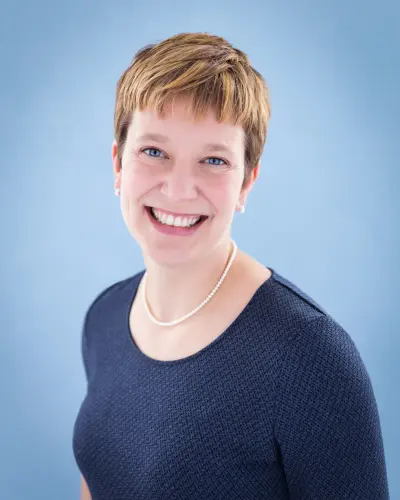Brookings Affiliation
Research Areas
Samantha Gross is the director of the Energy Security and Climate Initiative and a fellow in Foreign Policy. Her work is focused on the intersection of energy, environment, and policy, including climate policy and international cooperation, the transition to net-zero emissions energy system, energy geopolitics, and global energy markets.
Gross has more than 25 years of experience in energy and environmental affairs. In 2021, she was a Brookings Robert Bosch Foundation Transatlantic Fellow in Berlin. She has been a visiting fellow at the King Abdullah Petroleum Studies and Research Center, where she authored work on clean energy cooperation and on post-Paris climate policy. She was director of the Office of International Climate and Clean Energy at the U.S. Department of Energy. In that role she directed U.S. activities under the Clean Energy Ministerial, including the secretariat and initiatives focusing on clean energy implementation and access and energy efficiency. Prior to her time at the Department of Energy, Gross was director of integrated research at IHS CERA. She managed the IHS CERA Climate Change and Clean Energy forum and the IHS relationship with the World Economic Forum. She has also worked at the Government Accountability Office on the natural resources and environment team and as an engineer directing environmental assessment and remediation projects.
Gross appears frequently in the media in the United States and abroad on topics of energy markets, energy security, and the green energy transition.
Gross holds a Bachelor of Science in chemical engineering from the University of Illinois, a Master of Science in environmental engineering from Stanford, and a Master of Business Administration from the University of California at Berkeley.
Affiliations
- National Petroleum Council, member, advisory committee
-
Current Positions
- Nonresident Fellow, Payne Institute, Colorado School of Mines
-
Past Positions
- Visiting Fellow, King Abdullah Petroleum Studies and Research Center
- Director, Office of International Climate and Clean Energy, U.S. Department of Energy
- Director, Integrated Research, IHS
- Senior Analyst, U.S. Government Accountability Office
-
Education
- M.B.A., University of California at Berkeley, 2002
- M.S., Environmental Engineering, Stanford University, 1994
- B.S., Chemical Engineering, University of Illinois, 1993
